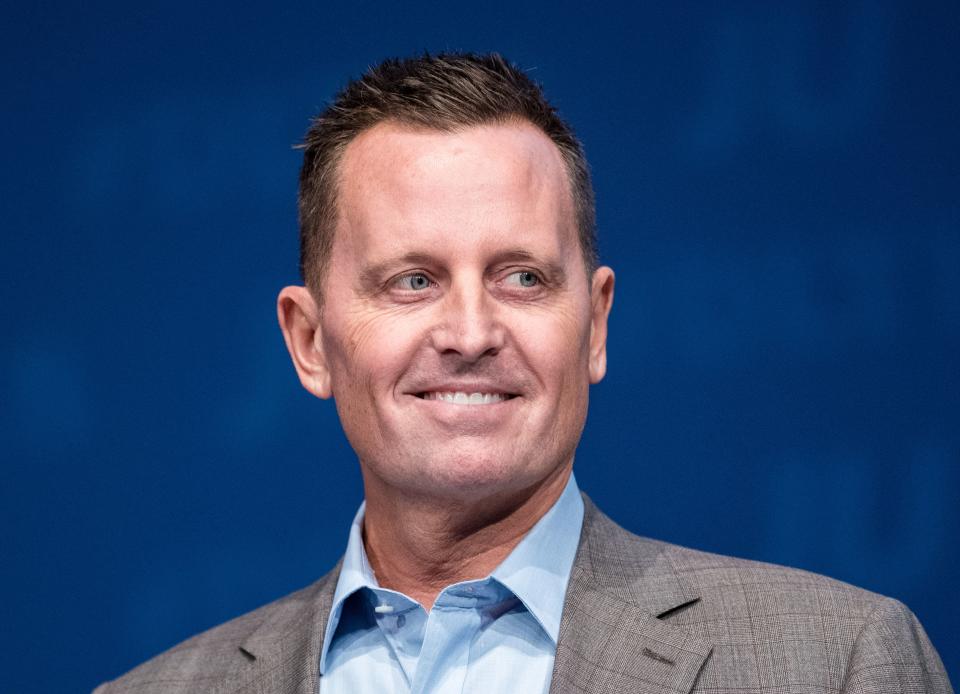US ambassador threatens German companies with possible sanctions over Russian gas pipeline

US president Donald Trump has frequently voiced his opposition to the Nord Stream 2 pipeline project between Russia and Germany, calling Germany a “captive of Russia” over the amount of gas it imports.
The president’s ambassador to Berlin, Richard Grenell, upped the pressure again this month warning of sanctions should companies proceed with the construction of the new pipeline.
Grenell issued a warning letter, saying that “all companies involved in Russian energy exports through pipelines are affected by a significant sanction risk,” as reported by German newspaper, Bild am Sonntag.
The Nord Stream 2 pipeline consortium includes EU companies Uniper, Wintershall, and Shell, among others.
A spokesman from the US embassy told Reuters that Grenell’s letter “reminds that any company operating in the Russian energy export pipeline sector is in danger under CAATSA [Countering America’s Adversaries Through Sanctions Act] of US sanctions.” The spokesman denied that the letter was intended as blackmail.
The letter received a frosty response in Berlin. Jürgen Hardt, foreign policy spokesman for the Christian Democrats in parliament, said the US ambassador’s “direct threats” to German companies “is a new and unacceptable one-sided tightening of the tone in the transatlantic relationship.”
German foreign minister Heiko Maas, who has previously refuted Trump’s allegation that Germany is dependent on Russia for energy, said on Thursday that it was not for the US to decide on European energy policy questions.
Grenell has been criticized for his outspoken interference in domestic affairs since taking up his post in May 2018. Shortly after he arrived, he ordered German companies to stop doing business with Iran “immediately” and in April told alt-right website Breitbart, that he wanted to “empower” anti-establishment conservatives in Europe.
The pipeline will increase the amount of gas that Russia can deliver from its reserves in Siberia directly to Germany’s northern coast. Critics say it makes Germany reliant on Russia for its energy.
A number of Eastern European countries — Ukraine in particular — are upset that they will miss out on lucrative transit fees, or potentially be stranded without gas if Russia closes down other pipelines in the region.
While the US has repeatedly expressed energy-security concerns over the pipeline, Trump has also made clear the US wants to sell more liquefied natural gas in the European market.

 Yahoo Finance
Yahoo Finance 